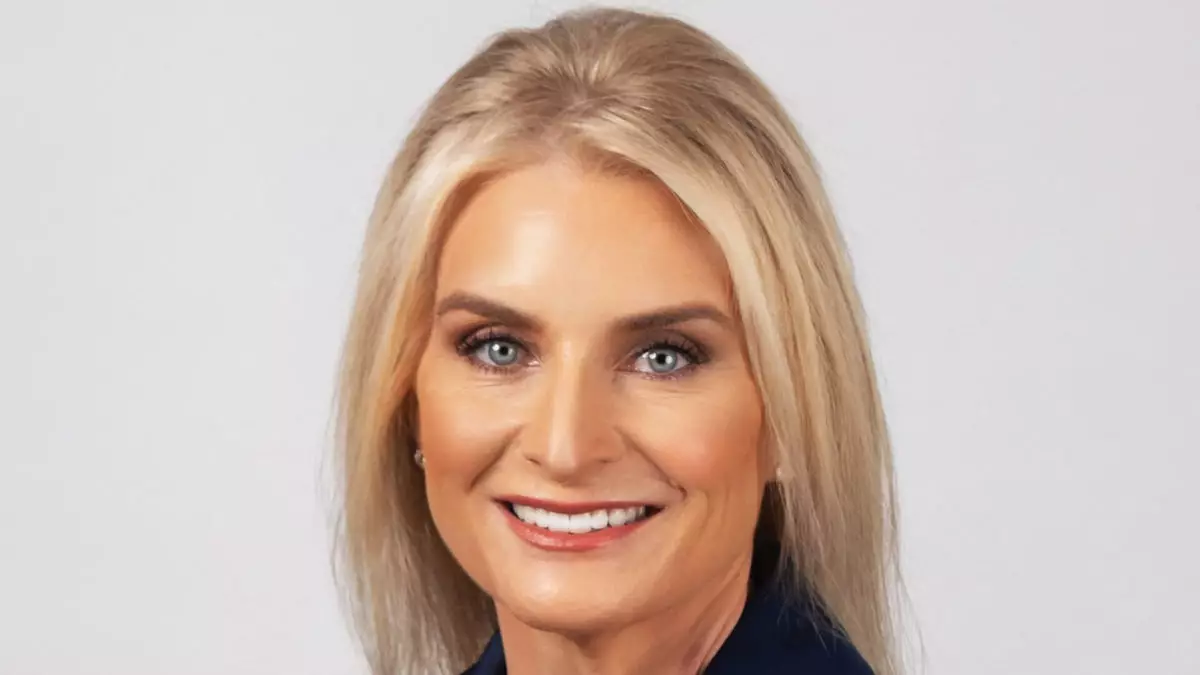As we approach the end of 2023, the cruise industry is poised to undergo a significant transition with the departure of Kelly Craighead, the president and CEO of Cruise Lines International Association (CLIA). After nearly six years in office, her exit signals not just a personal milestone but also an inflection point for the organization and the broader cruise sector. Craighead’s tenure has been marked by unparalleled challenges, notably the catastrophic effects of the COVID-19 pandemic, during which she demonstrated exceptional leadership in steering the organization through turbulent waters.
The pandemic precipitated an industry-wide halt in operations, a first-of-its-kind scenario that required not merely tactical responses but innovative thinking and foresight. Craighead employed a strategic approach that emphasized collaborative problem-solving among diverse stakeholders, ensuring that safety protocols were established while preparing for a complex return to service. Such a delicate balancing act required not just expertise but also the ability to inspire confidence amid chaos.
One of Craighead’s noteworthy contributions to CLIA has been her unwavering commitment to sustainability. Under her stewardship, the organization has set audacious goals aimed at reducing the cruise industry’s carbon footprint—specifically, a 2030 reduction target and a net-zero carbon cruising mission by 2050. This focus on environmental stewardship has not only positioned the cruise sector as a leader in responsible tourism but has also set a precedent for other travel industries to follow suit. The promotion of sustainability within the industry represents a critical step in mitigating the environmental impact of maritime travel, and Craighead’s legacy in this arena could ultimately redefine the industry’s trajectory.
Furthermore, her role as a godmother to the luxury cruise ship Emerald Sakara reflects a deeper commitment to enhancing the passenger experience while adhering to sustainability principles. This dual focus on operational excellence and environmental responsibility illustrates the forward-thinking ethos Craighead fostered during her time at CLIA.
In addition to her focus on industry sustainability and operational recovery, Craighead played an essential part in community engagement through her involvement with the Cruise Industry Charitable Foundation. This nonprofit organization aims to enhance the quality of life for residents in regions that partner with the cruise industry. Under her leadership, initiatives to address community needs and promote social responsibility have been vital in reinforcing the positive impact of the cruise sector in localities worldwide.
Craighead’s prior experiences, ranging from serving as executive director at the National Travel and Tourism Office to her work during the Clinton administration, equipped her with a unique perspective and expertise in navigating the complexities of an evolving travel landscape. This background has undoubtedly influenced her approach at CLIA, allowing her to bridge gaps between industry demands and community expectations effectively.
As Craighead transitions out of her role, the leadership team under the guidance of newly instated CEO Jason Liberty is poised to build upon the robust foundation she has established. The next phase for CLIA’s journey will likely focus on further strengthening the industry’s resilience and continued commitment to sustainability. Given Craighead’s substantial contributions, her departure leaves a notable void but also a clear path for future growth and innovation in the cruise industry.
Kelly Craighead’s legacy at CLIA will be characterized by her remarkable ability to navigate crises, advocate for sustainability, and connect with communities. As the cruise industry embarks on this new chapter, the lessons learned during her tenure will undoubtedly remain integral to its ongoing evolution.


Leave a Reply